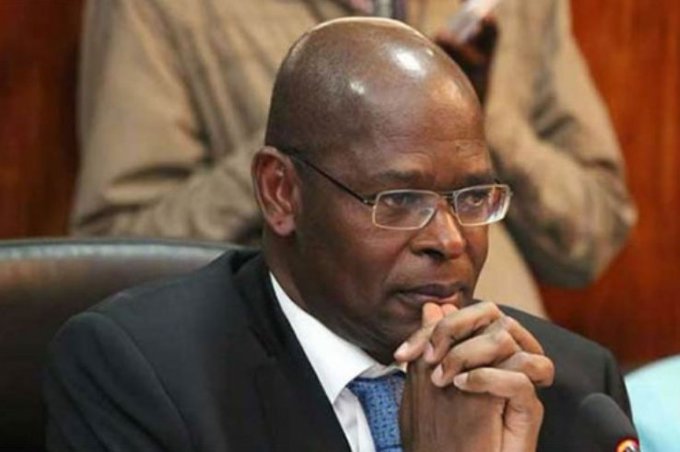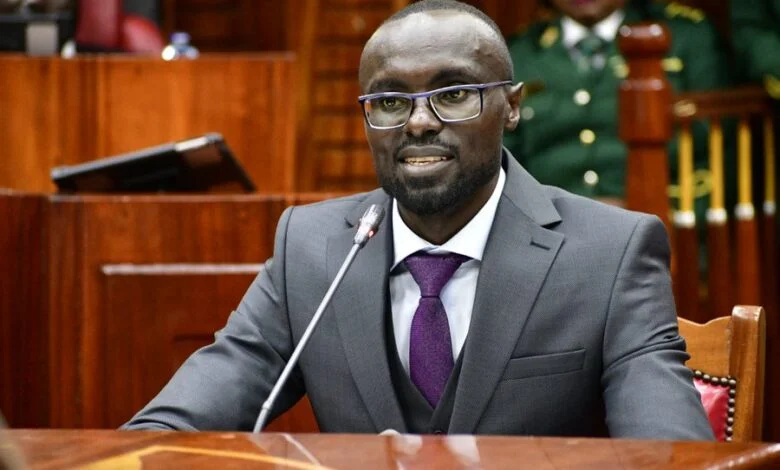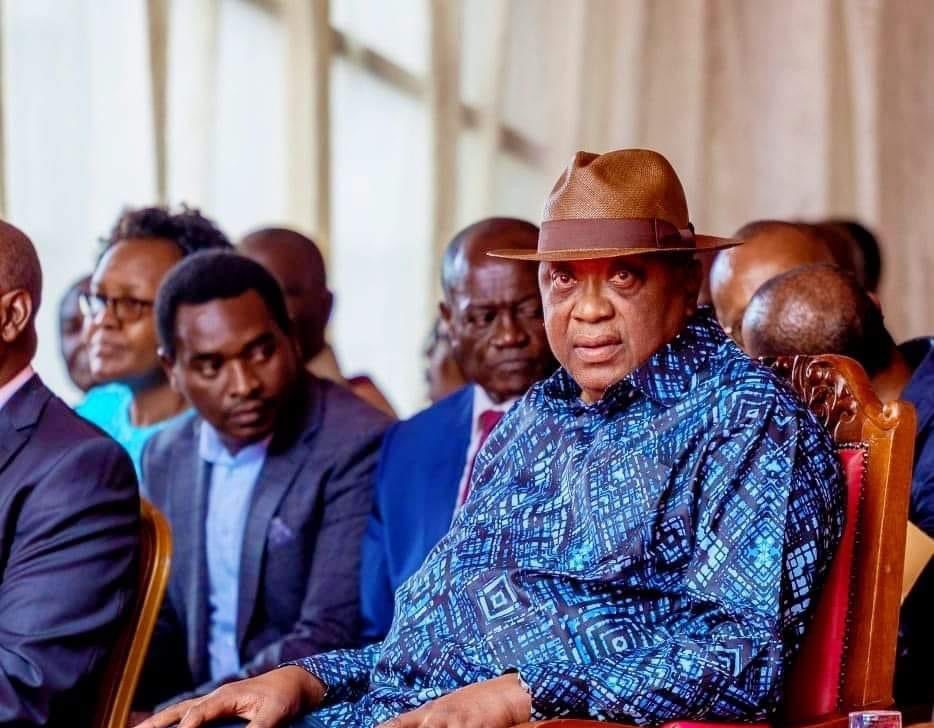By John Onyando
When Philip Kinisu, the former PricewaterhouseCoopers Regional Senior Partner and former chairman of the Ethics and Anti-Corruption Commission, earned a scholarship to Liverpool, England, in 1979, his imagination of England was far beyond what he found.
Far from the dream city he thought Liverpool would be, Kinisu recalls in his autobiography, The Interrupted Accountant, that most areas of the English town were run-down, unsafe, and prone to crime and eruptions of violence. Straight from the airport, he was directed to the apartment where he would start life in England during his training program.
The hostel had a room that was antiquated, with old furniture, poor lighting, and molded crevices. The environment was not one to be admired but one that made him crave a better life.Meanwhile, the Liverpool office of Deloitte, where he would work, was located in Richmond House, 1 Rumford Place, Liverpool 3, a twenty-minute bus ride from the hostel. The office buildings, including Deloitte’s, were impressive.
There were a couple of skyscrapers, the streets were clean, and trendy cafes and pubs were within walking distance of the offices.In February 1980, Kinisu moved to an apartment at No. 20 Tynwald Hill, Liverpool 13. The apartment was in a loft on the second floor of a Victorian house. Although he was no longer living in the hostel, the housing was not much better. The surroundings were neither friendly nor pleasing.
The house lacked carpeting and air conditioning, making winter a nightmare as the apartment did not have a central heating system. He began to regret his decision to stay in England. Going to the office in winter, a weather he was unaccustomed to, was particularly challenging.The cold reception from neighbors and the curious stares that greeted them in public places in Liverpool 13 marked Kinisu’s first experience of racial discrimination.
Out of caution and to avoid harm, he limited his family’s socializing to safe spaces, shopping only at the local grocer or city center supermarkets. They visited the park during summer weekends and made a few trips to the beach in Southport.Finances were a key consideration in deciding what to do and where to go.
In spring 1981, Kinisu saved enough money to buy his first car, a twenty-year-old Austin 1300, which greatly improved their mobility.He paid his monthly rent of sixty pounds promptly at the beginning of each month. They shopped for groceries, bulk-buying as much as possible to avoid running out of supplies mid-month when money was tight. He also set aside funds for lunches and transportation throughout the month, as the apartment was too far from the office to return home for lunch.
Kinisu describes the food in Liverpool as unappealing
For breakfast, they had cereals, coffee, and toast, with an occasional protein. Lunch consisted of sandwiches, potato crisps, and a soft drink, or just a pie or pasty with a drink; one could rarely indulge in a pub lunch. Dinner was typically fish and chips, sausages with mashed potatoes and mushy peas, cottage pie with salad, or, on rare occasions, a beef casserole with bread or steak and kidney pie with salad. Fruits were a rare treat due to their high cost.
The absence of Kenyan foods like ugali and sukuma wiki intensified his longing to return to Kenya. He imagined that a meal like those he enjoyed back home would cost at least a third of his salary in Liverpool.Throughout his three-and-a-half-year stay in Liverpool, Kinisu never grew fond of the city.
The early 1980s were a tough time for Liverpool, with its economy in decline, record-high unemployment, and widespread racial disharmony. The police often viewed every black person as a potential criminal, arbitrarily stopping and searching black men. Mistrust between the police and black communities escalated, leading to violent clashes provoked by claims of police misconduct.
Publication Details
Published by Free Press Publishers, The Interrupted Accountant will be launched at the Serena Hotel on Friday, October 3, 2025. The paperback will retail for Sh2,500 at Naivas, Quickmart, and Carrefour supermarkets, as well as major bookshops in Nairobi. Readers outside Kenya can purchase it from Amazon.





